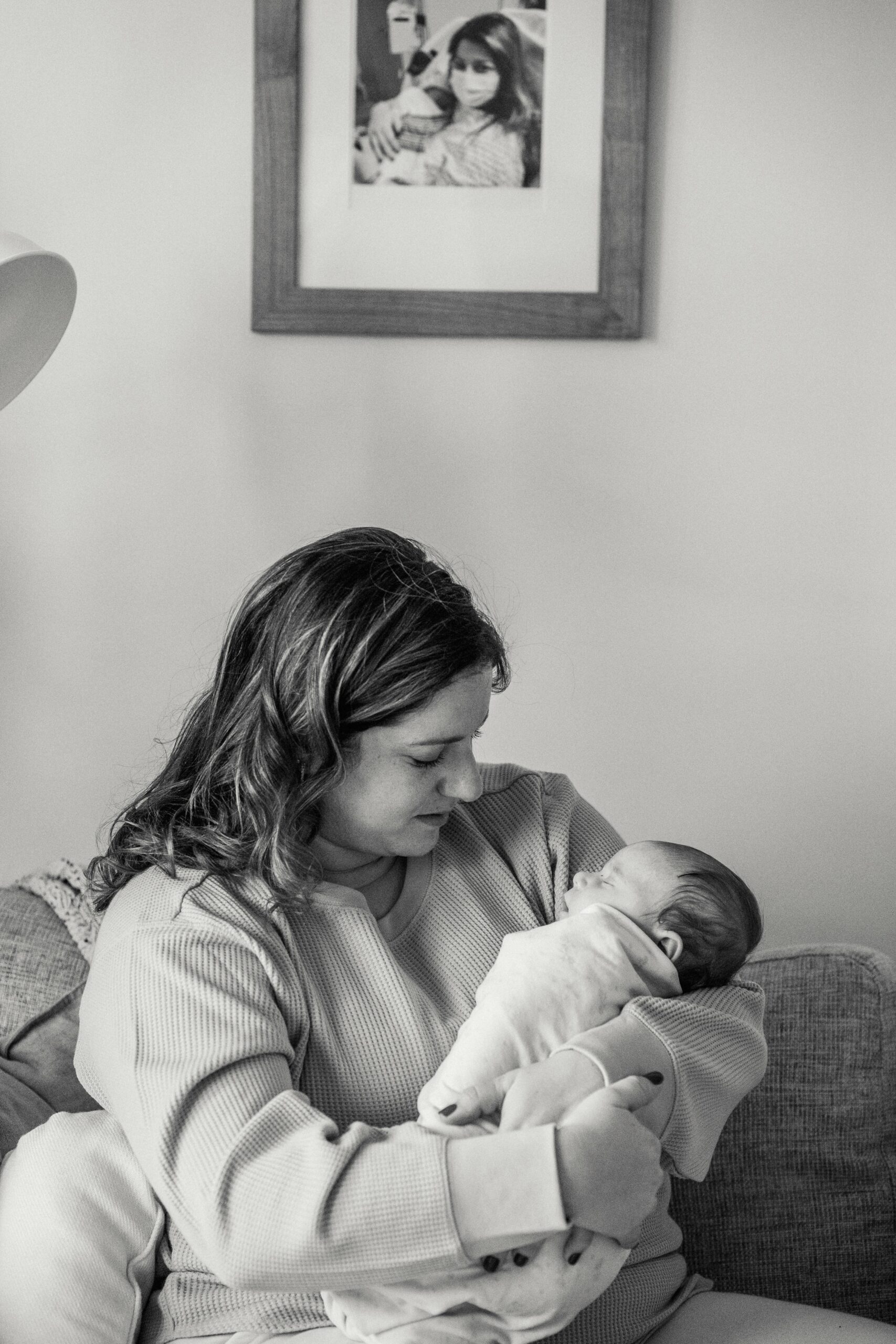Introduction
Pregnancy is a miraculous experience, a woman’s body is particularly altered during this time. Among the most commonly discussed issues post-birth is weight gain. For many women, losing the baby weight doesn’t happen as quickly—or as completely—as they’d expect.
Understanding why women gain weight after pregnancy isn’t about criticism or vanity; it’s about embracing body awareness and supporting overall wellness. This article explores the physical, emotional, and hormonal reasons behind postpartum weight gain and offers practical insights for managing it.
1. Natural Body Changes During Pregnancy
Weight Gain During Pregnancy: What’s Normal?
Gaining weight during pregnancy is both normal and required. The body stores fat to support fetal development, amniotic fluid, placenta, and increased blood volume. These reserves prepare a woman for childbirth and breastfeeding.
But what happens after delivery? Many women wonder, do women get fat after giving birth because of what’s left behind—and while “fat” isn’t the right word, weight retention can be a reality.
Hormones in Play
Hormones such as progesterone, estrogen, and hCG rise during pregnancy to support fetal growth. These same hormones can also encourage fat storage and water retention. After delivery, the sudden drop in these hormones can disrupt metabolism, making it harder to shed weight.
2. Hormonal Shifts After Delivery
The Role of Cortisol and Insulin
After giving birth, the body undergoes major hormonal shifts. Weight retention may result from elevated cortisol levels brought on by stress and sleep deprivation. These stress hormones may trigger insulin resistance, encouraging the body to store fat—especially around the midsection. This is one of the causes of weight gain after giving birth that’s often overlooked.
Postpartum Thyroid Function
In some women, the thyroid becomes underactive after pregnancy, leading to postpartum thyroid issues and weight gain. Symptoms like fatigue, depression, and slowed metabolism can go undiagnosed, exacerbating the weight issue.
3. Lifestyle Disruptions After Pregnancy
Sleep Loss and Metabolism
One of the most underrated challenges after childbirth is sleep deprivation. Lack of rest can interfere with hunger hormones like ghrelin and leptin, making it harder to regulate appetite. This explains the effects of sleep deprivation on postpartum weight—women feel hungrier and have less energy to be active.
Stress and Emotional Eating
New motherhood is stressful. Constant feeding, night wakings, and adjustment to a new life can lead to emotional eating after childbirth. This coping mechanism is common but can contribute to weight gain if not managed.
4. Delayed Postpartum Weight Gain
The Unexpected Timeline
It’s not uncommon to hear women ask, why am I gaining weight months after having a baby? Even if the initial postpartum period appears to go smoothly, gradual weight gain can creep in due to declining physical activity, prolonged stress, and poor sleep habits.
Postpartum Weight Retention
Some women experience what’s called postpartum weight retention and hormones—the body holds on to fat stores for longer than expected due to ongoing hormonal changes, especially when ovulation and menstruation haven’t returned to normal.
5. Breastfeeding and Weight Fluctuations
Myth vs. Reality
There’s a common belief that breastfeeding helps shed pounds. While this is true for some, it doesn’t apply to everyone. For many, the question arises: does breastfeeding cause weight gain? Not directly, but breastfeeding increases hunger and calorie demands. Without mindful eating, a caloric surplus can occur.
6. Societal Pressure and Mental Health
The Pressure to “Bounce Back”
Social media glorifies the “snapback” body—women returning to pre-pregnancy weight within weeks. Feelings of inadequacy are exacerbated by this unattainable norm. When combined with hormonal shifts and exhaustion, it can lead to emotional eating and anxiety.
Postpartum Depression
Women facing postpartum depression are at higher risk for weight retention due to inactivity, poor sleep, and eating for comfort. All of these contribute to the broader conversation of is it normal to gain weight postpartum—and the answer is yes, particularly if mental health is being neglected.
7. Medical and Physical Limitations
PCOS and Insulin Resistance
Some women with a history of Polycystic Ovary Syndrome (PCOS) may experience a flare-up post-pregnancy, leading to weight retention. Others may develop rapid weight gain after pregnancy due to undiagnosed insulin resistance or metabolic shifts.
C-Section Recovery
Women recovering from cesarean sections often have limited physical activity for weeks or months. Without movement, metabolism slows, making it harder to lose weight gained during pregnancy.
8. Preventive Measures and Practical Tips
Preventing Unwanted Weight Gain
While some weight retention is natural, knowing how to prevent weight gain after pregnancy can be empowering. Focus on small, sustainable changes:
-
Prioritize nutrient-dense foods
-
Get help with baby care to rest more
-
Take part in mild exercise, such as yoga or walking.
Long-Term Strategy
Losing weight after giving birth is a marathon, not a sprint. Setting realistic goals, rather than chasing rapid changes, ensures better results both physically and emotionally.
9. Frequently Asked Questions (FAQs)
Q1: Is it normal to gain weight after pregnancy instead of losing it?
Yes. Many women experience weight gain postpartum due to hormonal shifts, stress, and lifestyle changes.
Q2: Can hormones cause long-term weight gain after childbirth?
Absolutely. Hormonal changes and postpartum weight gain are closely linked, especially if thyroid issues or cortisol imbalances are present.
Q3: How does stress impact postpartum weight?
Stress can lead to overeating, poor sleep, and elevated cortisol—all contributing to weight retention.
Q4: When should I be concerned about weight gain?
If you’re gaining rapidly without a clear cause, feeling unusually tired, or suspecting a hormonal imbalance, consult your healthcare provider.
Q5: Is weight loss a realistic expectation for all postpartum women?
Yes, with time, support, and consistent healthy habits, most women return to a comfortable weight. However, some may need medical guidance depending on underlying issues.
10. Conclusion
Weight gain after pregnancy is a complex, multi-faceted issue—far more than just a matter of willpower. From hormonal shifts and medical conditions to emotional health and societal pressure, every woman’s journey is unique.
The good news? With the right support and knowledge, weight management after childbirth is entirely possible. Every woman’s path is different, ranging from physical issues and hormonal changes to emotional well-being and social pressure.





